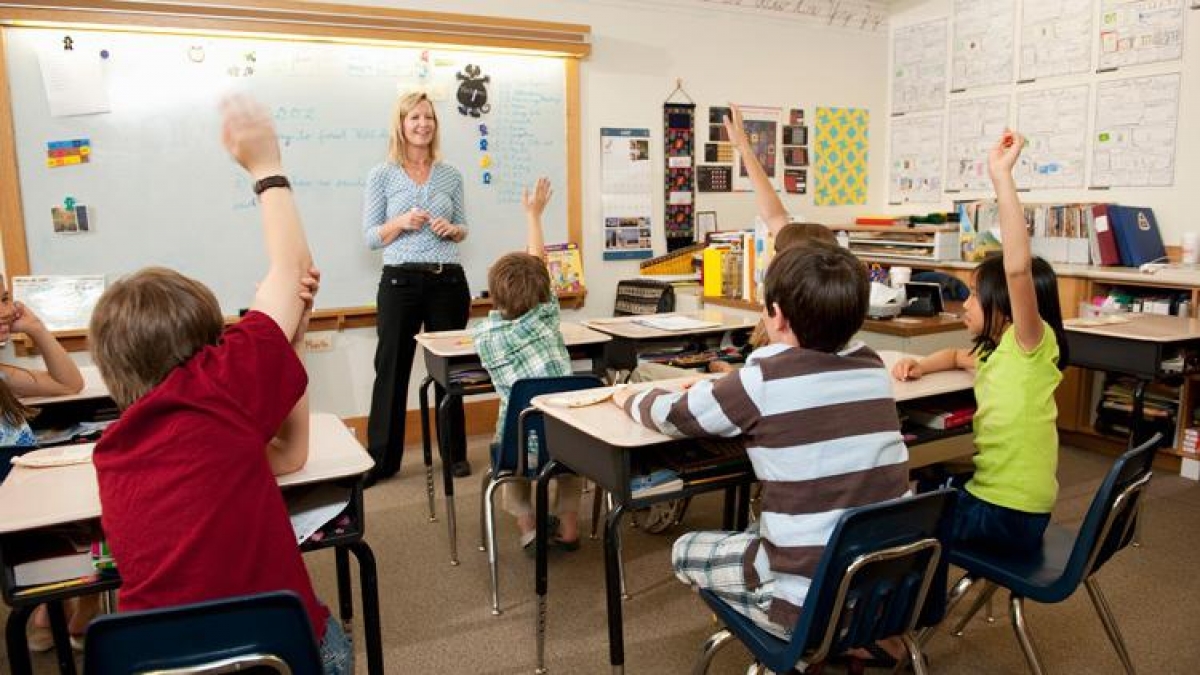The choice between homeschooling and public schooling is a significant decision that parents must make for their children’s education. Both options have their merits and considerations, impacting a child’s learning experience and overall development. In this article, we delve into the homeschool vs. public school debate, exploring the benefits, challenges, and factors to consider when making this important educational choice.

1. Customized Learning vs. Standard Curriculum
Homeschooling offers the advantage of customized learning. Parents can tailor the curriculum to their child’s learning style, pace, and interests. Public schools follow a standardized curriculum, ensuring a consistent educational experience for all students.
2. Flexibility and Schedule
Homeschooling provides flexibility in terms of scheduling. Families can create personalized routines and adapt learning to fit their lifestyle. Public schools have fixed schedules, preparing students for structured routines and daily routines.
3. Individual Attention vs. Classroom Dynamics
Homeschooling allows for one-on-one attention, enabling students to receive personalized instruction and immediate feedback. Public schools expose students to diverse classroom dynamics, fostering social interactions and teamwork skills.
4. Socialization Opportunities
Public schools offer a natural environment for socialization, enabling students to interact with peers from various backgrounds. Homeschooled students can socialize through community activities, sports, clubs, and co-ops.
5. Extracurricular Activities
Public schools often provide a wide range of extracurricular activities, including sports, arts, and clubs. Homeschoolers can participate in community programs, but the availability of extracurriculars may vary.
6. Teaching Expertise
Homeschooling parents are directly involved in their child’s education, utilizing their expertise and values. Public schools are staffed with trained educators who specialize in various subjects and teaching methods.
7. Resources and Support
Public schools offer access to specialized resources, libraries, laboratories, and facilities. Homeschoolers can access educational materials and resources, often supplemented by online platforms and community resources.
8. Assessment and Accountability
Public schools have standardized testing and assessment mechanisms to track student progress. Homeschooling parents are responsible for assessing their child’s learning and may choose from various assessment methods.
9. Cost Considerations
Homeschooling expenses may include curriculum materials, resources, and potential tuition for online programs. Public schools are funded by taxpayers, making them more financially accessible for many families.
10. Personal Values and Philosophies
The decision between homeschooling and public schooling often hinges on personal values, educational philosophies, and family dynamics. Parents should consider their beliefs, goals, and the needs of their child when making this choice.
Conclusion
The homeschool vs. public school debate revolves around finding the educational approach that aligns best with a child’s needs and a family’s circumstances. Each option offers unique benefits and challenges, ultimately shaping a child’s academic journey and overall development. By carefully considering factors such as learning style, socialization, resources, and values, parents can make an informed decision that sets the stage for their child’s success and growth in the educational landscape.